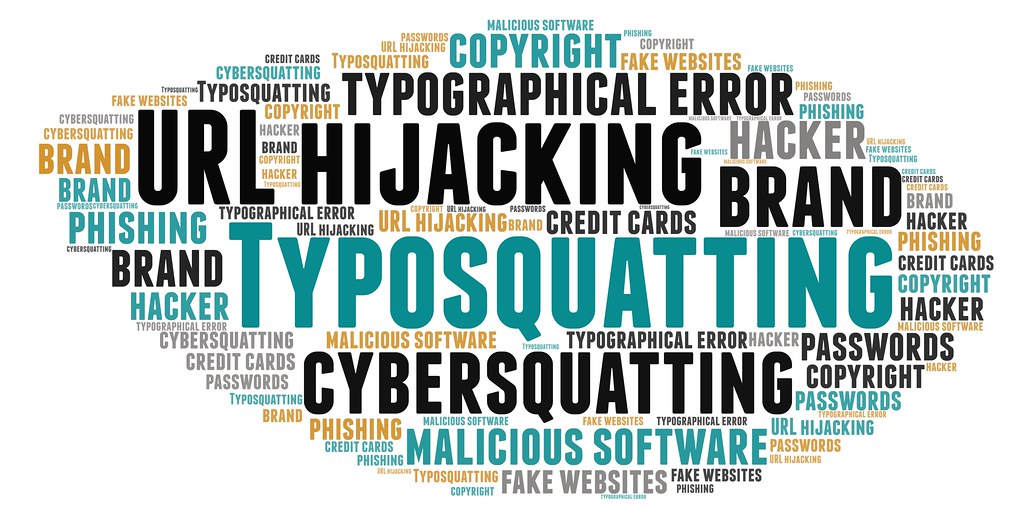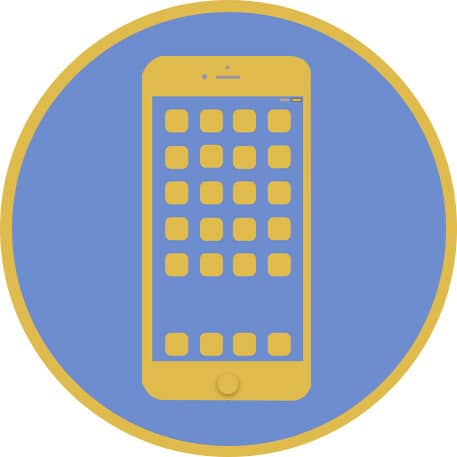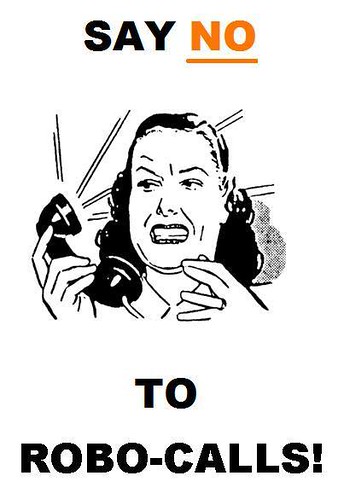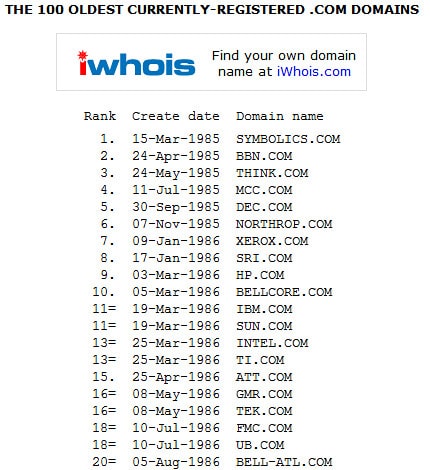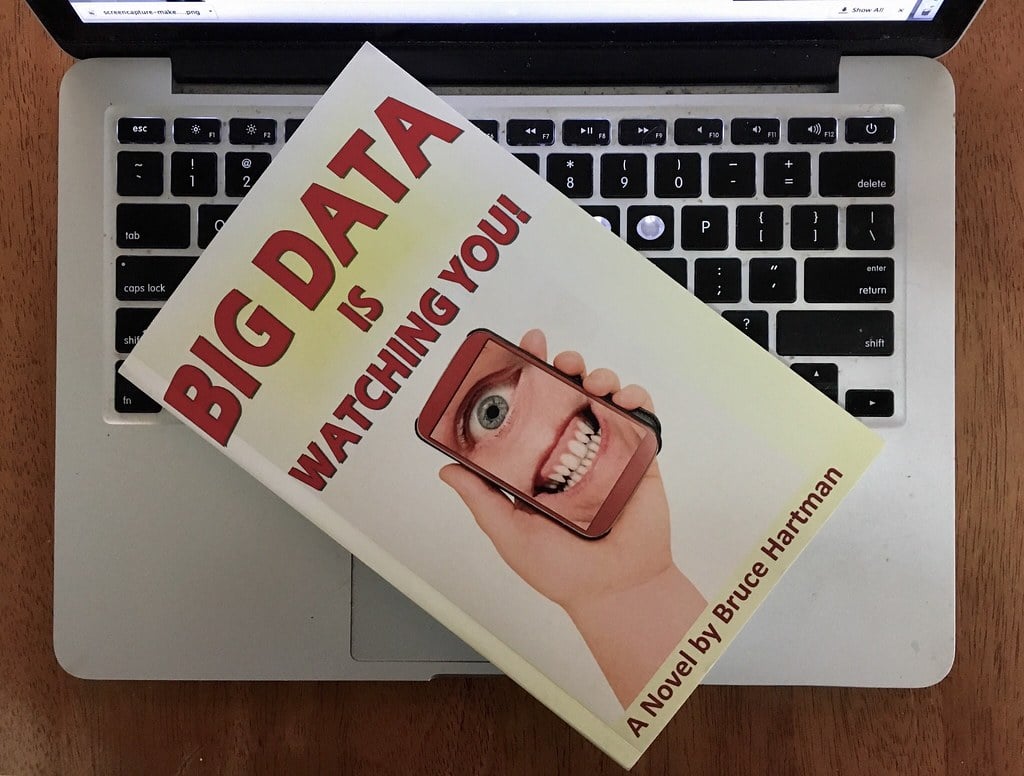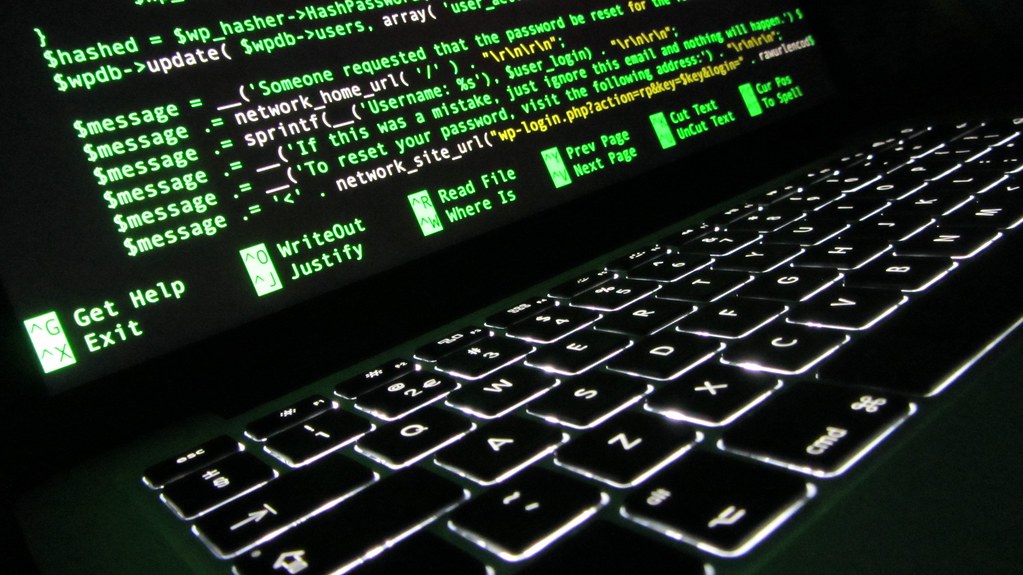
Facial Recognition Privacy: Government Use is Being Regulated and Restricted Too
Over the last few years, there has been a significant legal trend toward protecting consumer privacy with respect to facial recognition software and other types of biometric identifiers. The California Consumer Privacy Act (“CCPA) protects personal information from being collected, shared and used by private businesses without notice and consent. The definition of “personal information” […]
Read more about Facial Recognition Privacy: Government Use is Being Regulated and Restricted Too
